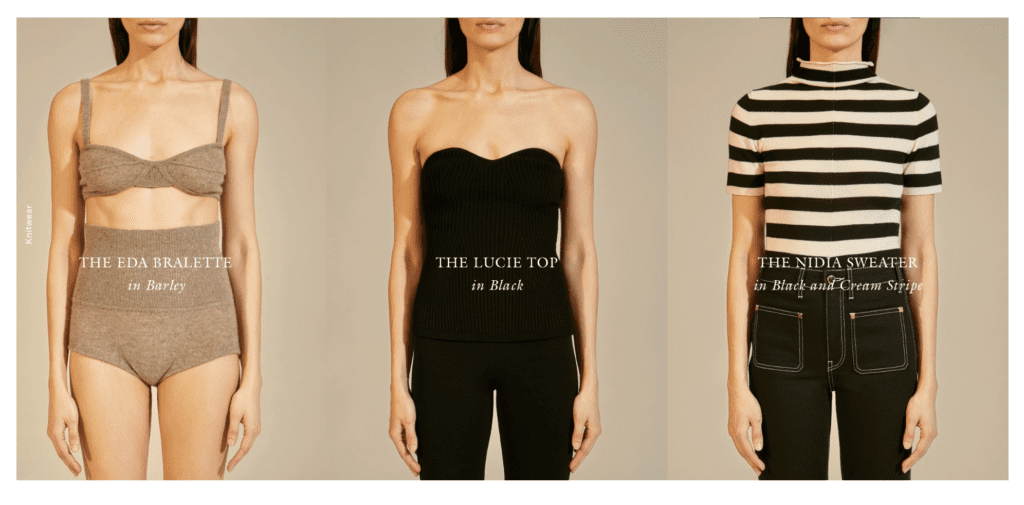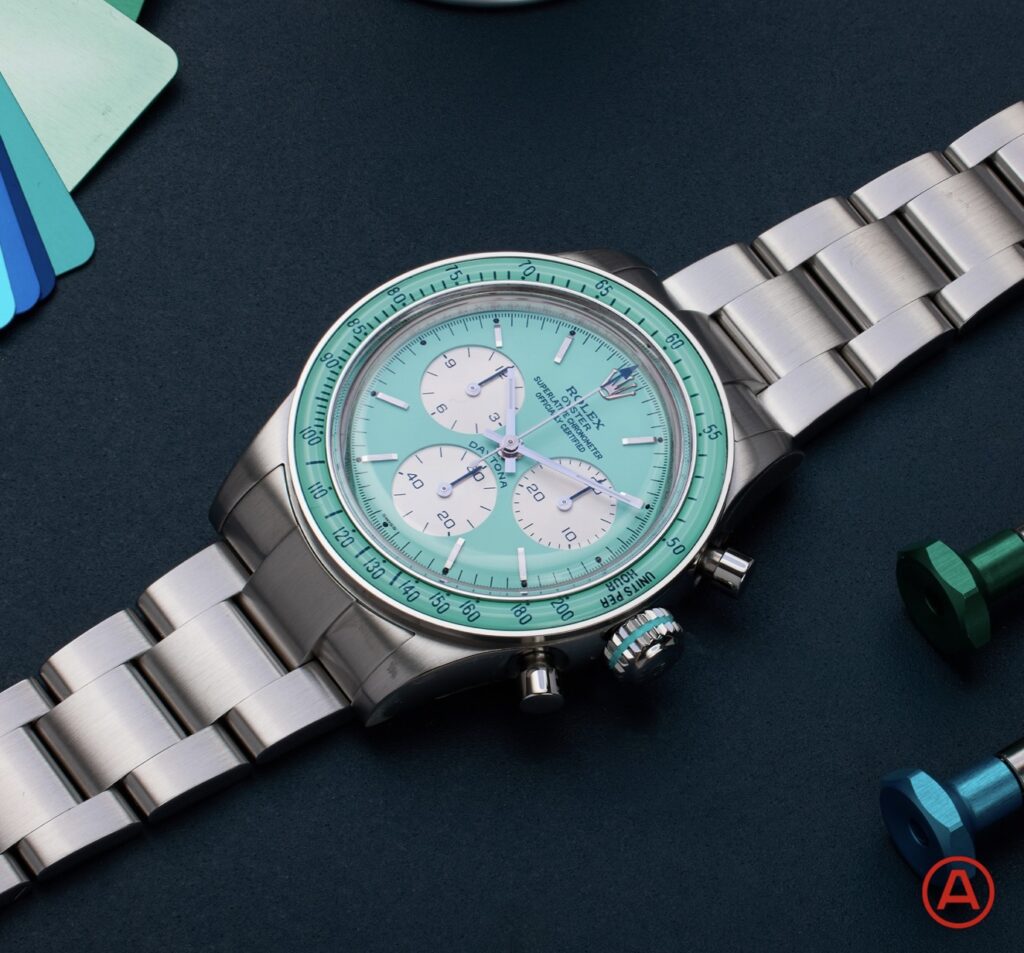“Are the most valuable celebrity brand endorsements the ones brands don’t actually pay for?” This is what AdWeek’s Robert Klara asked a couple of years ago, reflecting on Kylie Jenner’s independent endorsement of Cartier’s famed Love bracelets. On the heels of the reality television mega-star dedicating a Snapchat video to how she could not get the pricey bracelets off of her wrist, searches for Cartier’s $4,500-plus bracelets spiked, helping the 172-year old French jewelry brand to top the number of consumer inquiries of its American rival Tiffany & Co.
The link between a celebrity endorsement of a product and sales “is well established,” Klara wrote, pointing to a 2012 study from Harvard Business School professor Anita Elberse, which revealed that celebrity endorsements lead to an average 4 percent increase in sales for brands. More recently, a Journal of the Academy of Marketing Science report found that the power of celebrities is still significant in terms of creating “strong attitudinal and behavioral effects,” which is why brands continue to spend on celebrity endorsements.
However, as the spending power of millennial consumers continues to rise (it amounted to $600 billion last year in the U.S., per Accenture), the efficacy of traditional advertising methods is rapidly changing. Janet Comenos, the founder of data company Spotted, for instance, says that consumers are increasingly tuning out obvious advertisements. A study from the McCarthy Group – which found that some 84 percent of millennials do not engage with or trust traditional, mass-market advertising efforts, including scripted ads involving big-name celebrities – confirms this.
Instead, they are more prone to respond to authenticity-centric ad efforts and partnerships. When it comes to celebrities, this takes the form of what they are wearing during their downtown, which is often-paparazzi-captured and/or socially-shared, and it goes far beyond Kylie Jenner and her Love bracelet.
Just last month, actress Katie Holmes caused a frenzy after being photographed in New York wearing a matching cashmere bra and cardigan. Within an hour, the $483 bra and $1,540 sweater – both by New York-based brand Khaite – had sold out, and not just on the budding young brand’s website but on third party retailers’ sites, such as Farfetch and MyTheresa, as well.

All the while, Google searches for the word “Khaite” surged beginning on August 27, the day that photos of Homes in the Khaite wares began appearing in media outlets, according to Google data. More than that, Holmes and her Khaite garments became the subject to countless articles, from those in Marie Claire and Harper’s Bazaar to pieces in the Telegraph and even Vogue Spain.
Interestingly enough, the seemingly authentic endorsement by Holmes was just that. As a rep from Khaite told The Cut last week that Holmes had actually purchased the set herself after being introduced to the brand by her stylist Jeanne Yang. (This comes in contrast to the widely-utilized industry practice of brands gifting celebrities with garments and accessories in hopes of achieving brand awareness and sales when said celebrity is spotted wearing them).
This coup by Khaite comes as part of a larger quest by brands that are looking to embrace authenticity-driven ad efforts by harnessing the power of smaller-scale influencers, who are generally viewed as being more authentic alternatives to highly-followed ones, for instance, and bonafide brand fans in hope of cutting through the over-saturated noise of social platforms, such as Instagram.
Sometimes those fans are beauty-obsessed millennials, such as the ones that beauty unicorn Glossier routinely enlists to help promote its products in a more word-of-mouth marketing-centric manner. Other times, they are celebrities photographed in a soon-to-sell out garment or accessory. Either way, “authenticity continues its reign as the marketing ‘it’ word of the decade,” per Jill Byron, the senior VP of marketing at Mode Media, and shows no sign of stopping, making for prime advertising opportunities for brands. Just ask Khaite.














